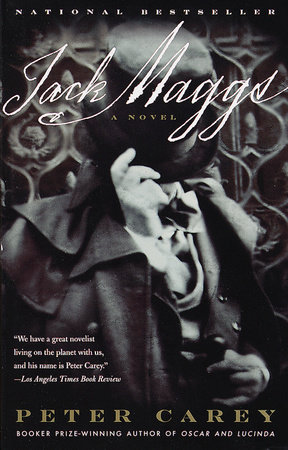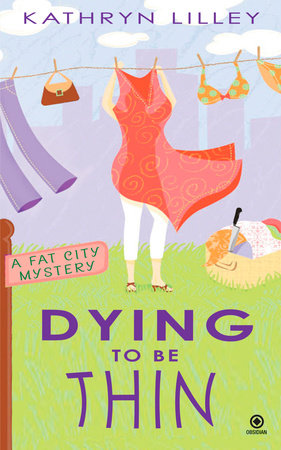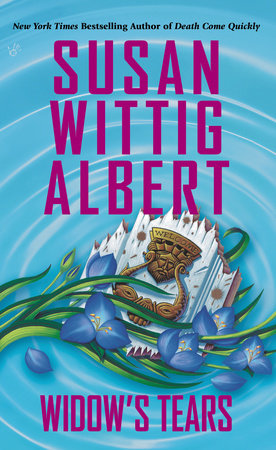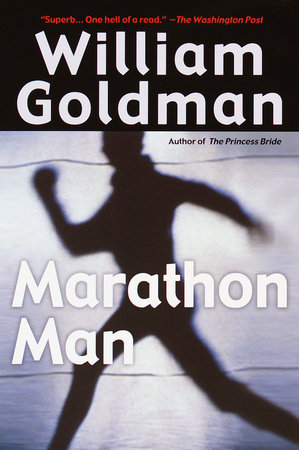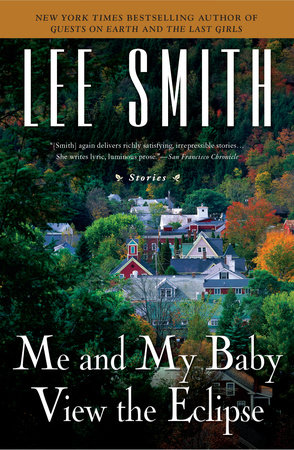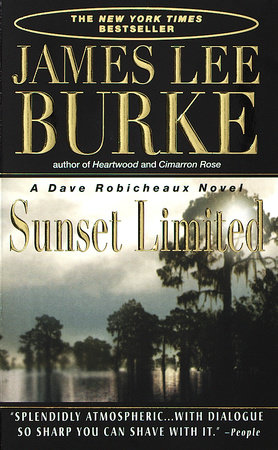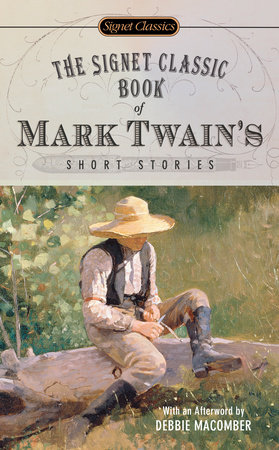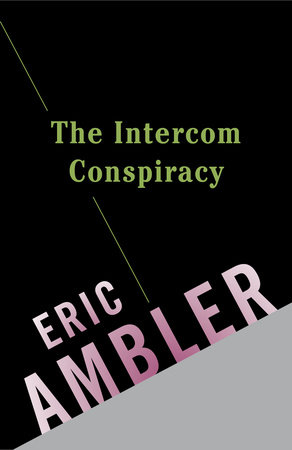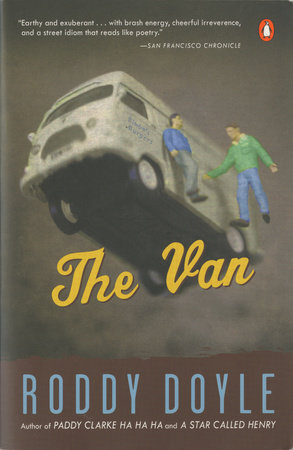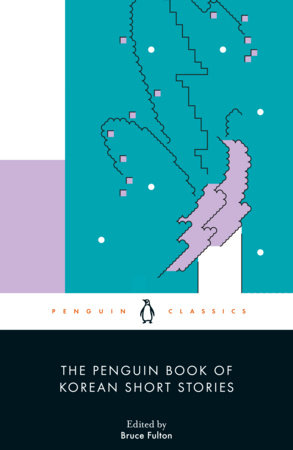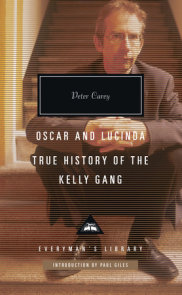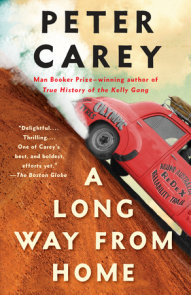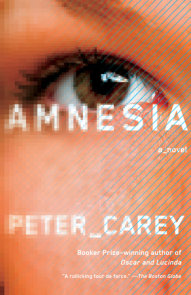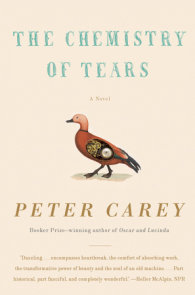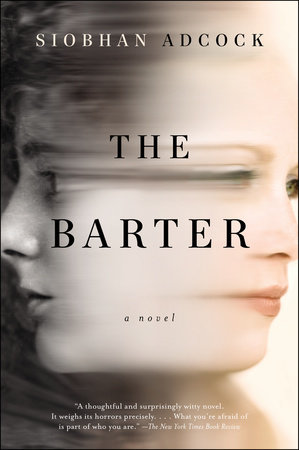Author Q&A
Q: Did you always want to be a writer? Who are some of the writers who have influenced you?
A: It did not occur to me that I might be a writer until I flunked out of my first year as a chemistry major, and found work as an apprentice writer of Volkswagen ads. As luck would have it, it was a rather eccentric advertising agency and it was there that I met writers and painters for the first time in my life. I was also introduced to the works of the writers who would influence me forever: James Joyce (Ulysses), William Faulkner (As I Lay Dying), Samuel Beckett (Malone Dies, Molloy, The Unnameable).
Q: What motivated you to write Jack Maggs?
A: I am Australian. Our founding fathers and mothers did not come to our shores in search of liberty, they came to prison. Very few modern Australians are descended from those first convicts, but I believe that they affected the character of our nation forever–after all, not many modern Americans have ancestors who were on the Mayflower, but those folks on the Mayflower affected America forever.
Unlike Americans, Australians do not like to celebrate this moment when the nation is born, and it has been something of a passion for me to do just that. We carry a great deal of furniture about our beginnings. It’s a complicated business to discuss in so brief a form as this, but there is a great deal of self-hatred, denial, grief, and anger, all unresolved. It took a long time before I could think of exactly how I might use these passions to fuel a novel. Then one day, contemplating the figure of Magwitch, the convict in Charles Dickens’ Great Expectations, I suddenly thought THIS MAN IS MY ANCESTOR. And then: this is UNFAIR!
Dickens’ Magwitch is foul and dark, frightening, murderous. Dickens encourages us to think of him as the "other," but this was my ancestor, he was not "other." I wanted to reinvent him, to possess him, to act as his advocate. I did not want to diminish his "darkness" or his danger, but I wanted to give him all the love and tender sympathy that Dickens’ first person narrative provides his English hero Pip. That’ s where I started. The journey itself is, of course, far more complicated.
Q: Your writing has been praised for its historical accuracy. Jack Maggs abounds in details that bring your characters to life. How much research went into the writing of Jack Maggs?
A: E.L.Doctorow gives the best answer to this question: "Less than you’d think."
When you choose to write about nineteenth century London, you are entering very well traveled streets, and there is nothing in the least neurotic about being nervous about it. You are entering the territory of Dickens or Thackeray, Wilkie Collins. If you go to them for information, you will be nothing more than a plagiarist and a thief. Yet you must somehow–to put it bluntly–invade their territory and repossess it. How can this be possible? You need maps, charts. You need spies, agents, correspondents from the past. Foreign spies are always the best. They see things the English themselves will never tell you. Only a German, for instance, will spend a page describing a particular method of preparing bread and conclude: "The English call this toast." In the eyes of foreigners one discovers a foreign land, all fresh and new and waiting to be put at the service of a 20th century novel.
I live in New York. I went to the New York Public Library which was filled to bursting with the accounts of nineteenth century visitors, not just Americans, but Germans and Russians too.
Q: Did you research the history of hypnotism?
A: Yes. Here the most interesting source was Dickens himself. Anyone going to his notebooks will find a fascinating account of his treatment of a woman named Madame de la Rue for tic douloureux. I was inspired by this Victorian mind’s intuitive grappling with the notion of a pathogenic secret, and something of the tone and texture of Maggs’ hypnotic sessions with Tobias Oates comes from here.
Q: Jack Maggs revisits Charles Dickens’ Great Expectations. The character Jack Maggs is a reinterpretation of Dickens’ convict Magwitch, and Henry Phipps is a re-imagination of Pip. Were you at all anxious about re-working Dickens’ beloved characters?
A: I think that my Jack Maggs has the same situation and the similar drives as Dickens’ Magwitch, but is his character the same? I don’t really think so. My Henry Phipps is not in any sense the same person as Dickens’ Pip. They have both inherited money from a transported convict, but their actions and their characters are very different, which is, of course, the point. I would have thought it presumptuous (and rather boring) to adapt, adopt, or meddle with Dickens’ actual characters.
Q: So many contemporary novels rework the plots of famous authors, including Austen, Hawthorne, and Wharton. What are your thoughts on this trend and your place in it?
A: My fictional project has always been the invention or discovery of my own country. Looked at in this way, Great Expectations is not only a great work of English literature; it is (to an Australian) also a way in which the English have colonized our ways of seeing ourselves. It is a great novel, but it is also, in another way, a prison. Jack Maggs is an attempt to break open the prison and to imaginatively reconcile with the gaoler. I see Jack Maggs primarily in this light, so it doesn’t feel particularly connected to reworkings of Hawthorne or Wharton.
Q: You have, on occasion, published autobiographical essays. Your novels, however, are far from "semi-autobiographical" or "confessional" in tone. As a writer–and as a teacher–what is your opinion regarding autobiographical fiction?
A: I have never had any interest in writing autobiographical fiction, which is not to say that I don’t enjoy the work of other fiction writers who work close to life. For me, the pleasure in fiction is to invent, to elevate myself, to end up discovering things I did not know when I set out. I enjoy writing autobiographical non-fiction every now and then, although it would feel unseemly to make a business of constantly confessing.
Q: As the world continues to become increasingly attuned to issues of "multi-culturalism" and "ethnicity", the issue of an author’s nationality is given increased attention. How has your native country of Australia impacted your writing?
A: Almost everything I have ever written has been concerned with questions of "national identity," a seemingly old-fashioned project that seems, to me, an alarmingly modern concern. Of course you can read Jack Maggs (as many appreciative critics have) without any knowledge of Australia, its traumas, hopes, history. At the end of the day, it’s just a novel, a form once defined as a long work with something wrong with it.
Q: The film of Oscar and Lucinda introduced your work to a new audience. What was your reaction to seeing that film for the first time?
A: I was simply blown away by it, and very moved that such wonderful artists had wanted to spend so much time and effort making something new.
